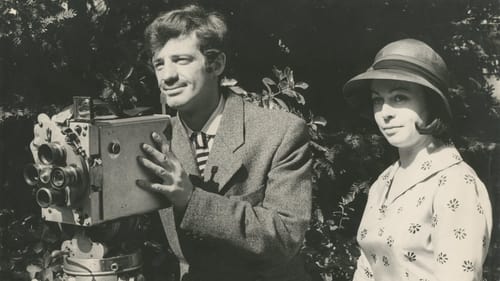Thierry Maulnier
Nascimento : 1909-10-01, Alès, Gard, France
Morte : 1988-01-09
História
Thierry Maulnier (born Jacques Talagrand; 1 October 1909, Alès – 9 January 1988, Marnes-la-Coquette) was a French journalist, essayist, dramatist, and literary critic. He was married to theatre director Marcelle Tassencourt.
A graduate of the École Normale Supérieure in the same class as Roger Vailland, Robert Brasillach, and Maurice Bardèche. While still a student, Maulnier became active in the integralist Action Française, and published in Charles Maurras' newspaper (L'Action française). He made a career in journalism and took part in the movement of the Non-conformists of the 1930s, inspired by the personalist generation of young intellectuals who shared some of the ideals of the Action Française, holding right-wing beliefs as an answer to a "crisis of civilization" and materialism. He also campaigned against democracy and capitalism, advocating a union of the right and left to overthrow the two. Thierry Maulnier associated with youth periodicals such as Réaction, La Revue du Siècle, and La Revue française; he also wrote his first volume, La crise est dans l'homme ("Crisis Is in Man").
In 1934, he authored, with Jean-Pierre Maxence, the manifesto Demain la France ("Tomorrow, France"). Maxence and Maulnier also founded the weekly L'Insurgé in 1936 lasting only a few months, the magazine circulated nationalist tenets, reviewed in Maulnier's 1938 essay Au-delà du nationalisme ("Beyond Nationalism"). At the same time, he joined Jean de Fabrègues in the creation of a more analytical paper, Combat, one which would be published until France's defeat in World War II.
A regular contributor to L'Action française since 1938, Maulnier continued to publish after Nazi Germany's occupation of France (from 1940); he also started writing for Le Figaro. He ceased writing for the paper after the start of Operation Torch in 1942, and remained a journalist for Le Figaro from 1945 until his death.
With the beginning of the Fourth Republic, Maulnier no longer engaged in politics. He wrote plays (La Course des rois - 1947; Le Profanateur - 1950, La Ville au fond de la mer - 1953, Le Soir du conquérant - 1970) and essays (Violence et conscience - 1945, La Face de méduse du communisme - 1952, L'Europe a fait le monde - 1966, Le Sens des mots - 1976, Les Vaches sacrées - 1977), but also commented on social themes (with Maulnier as a staunch Pro-European).
In 1964, he was elected to the Académie française in place of the deceased Henry Bordeaux. In 1986 he was awarded the Prix mondial Cino Del Duca.
Source: Article "Thierry Maulnier" from Wikipedia in English, licensed under CC-BY-SA 3.0.

